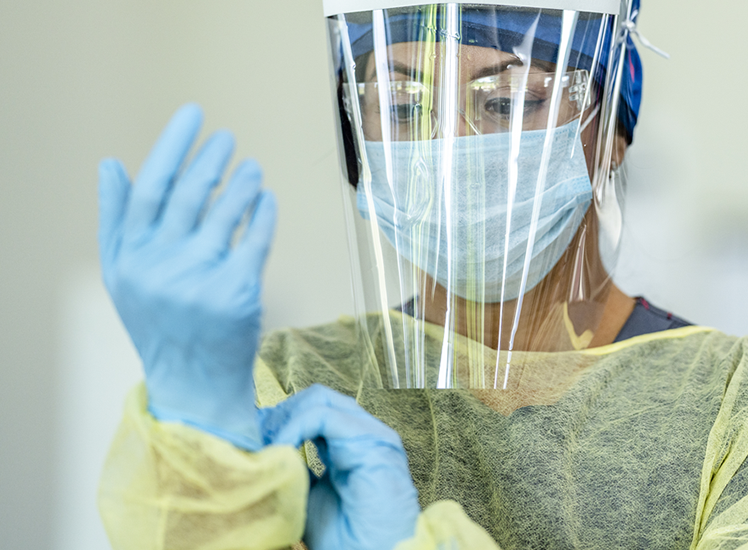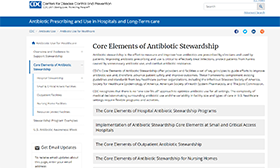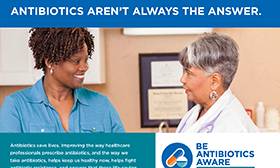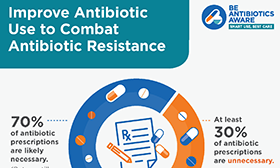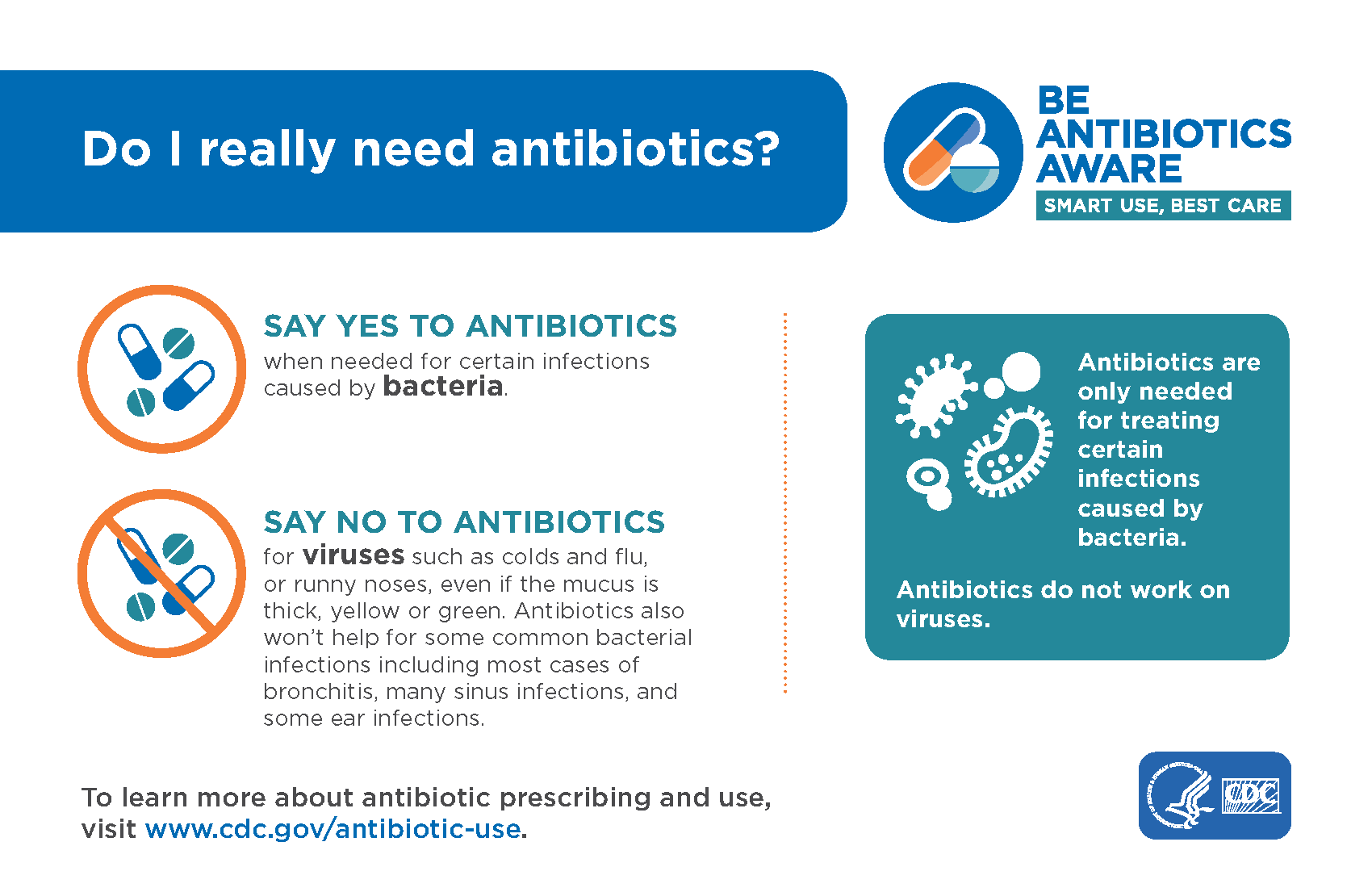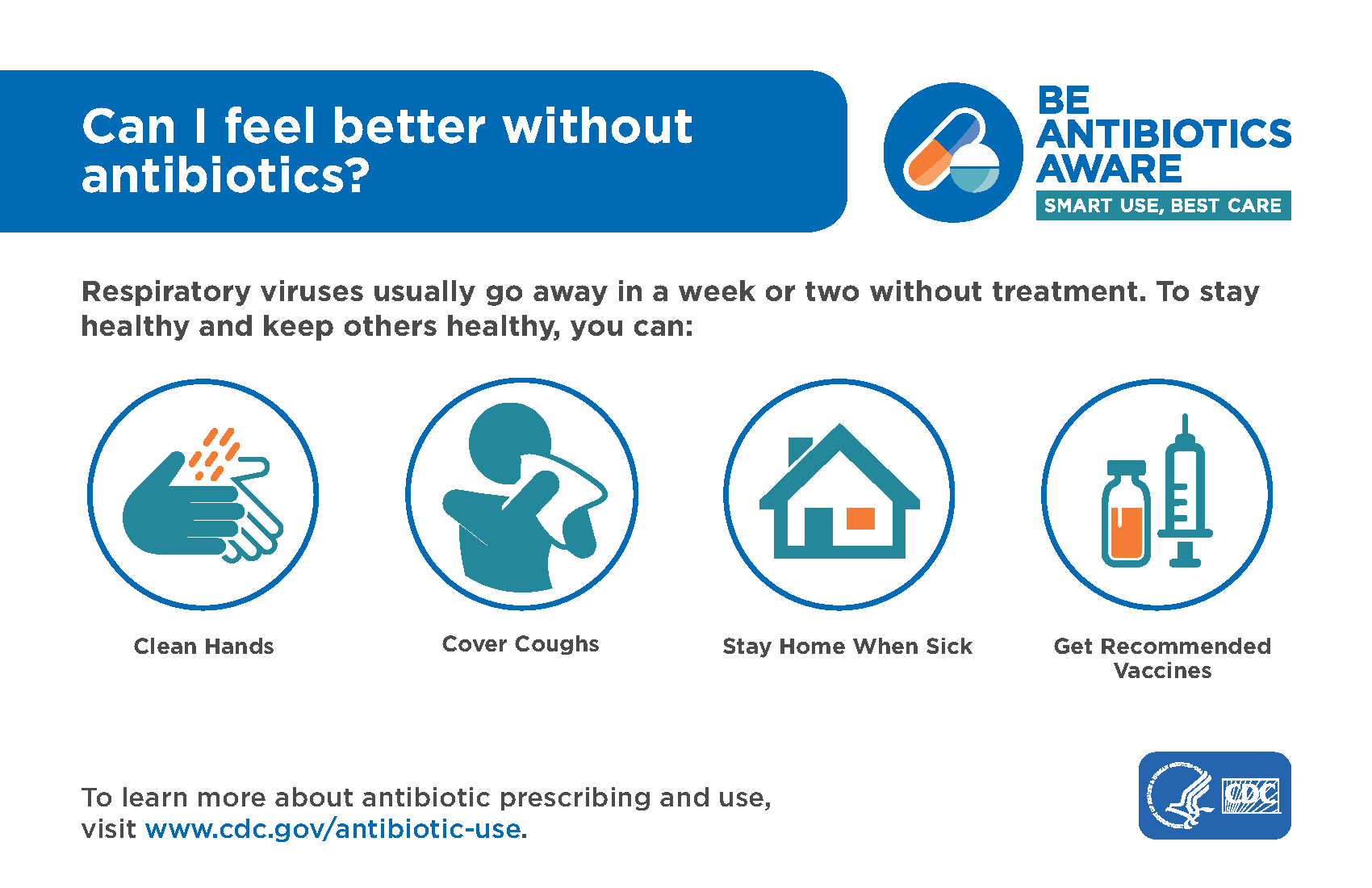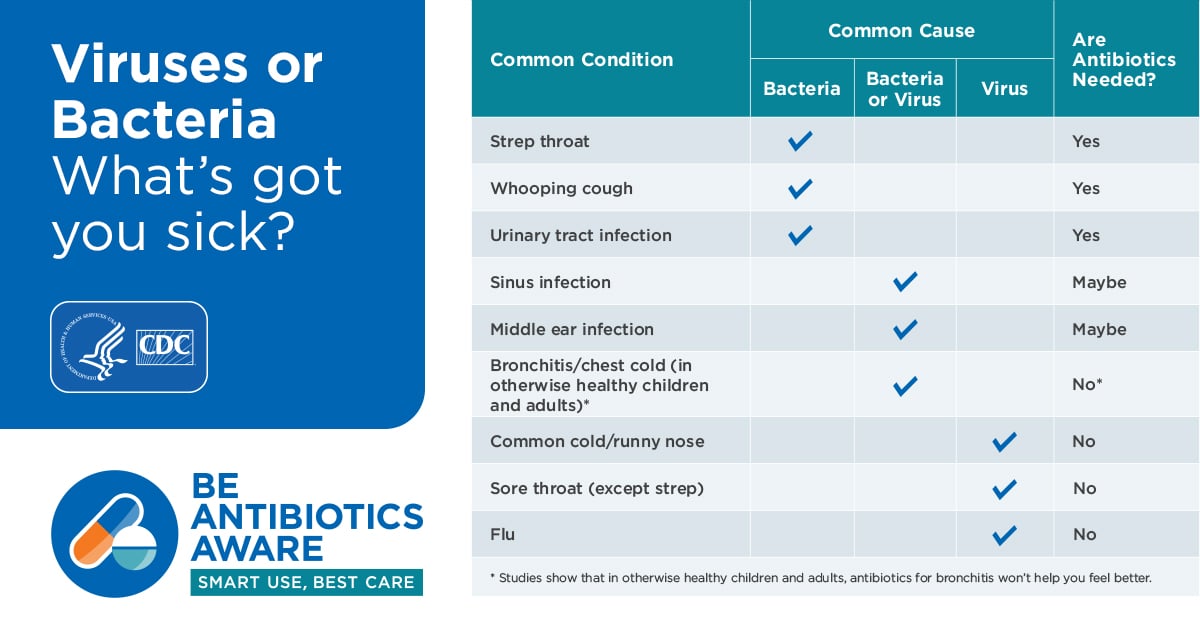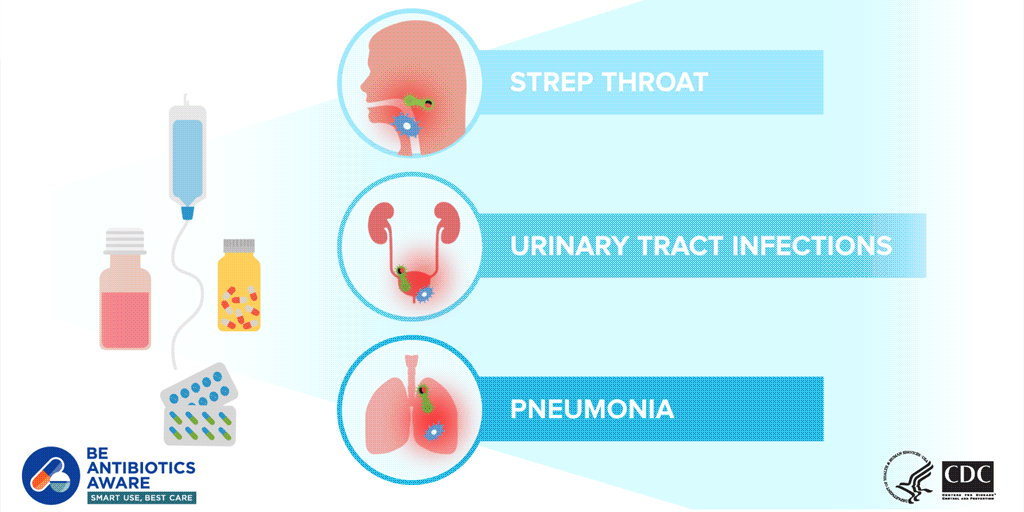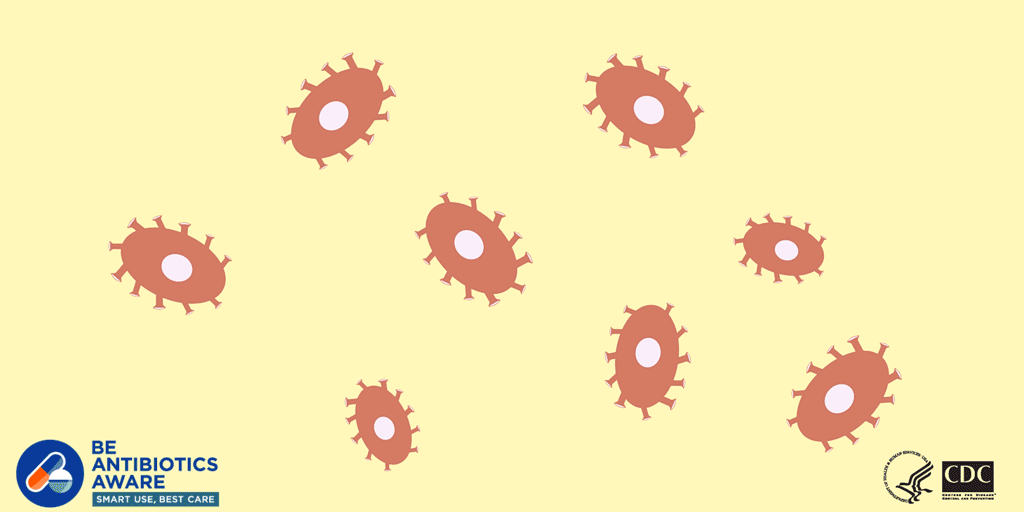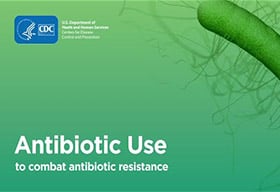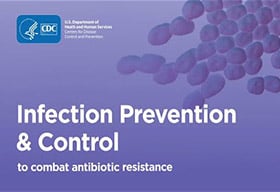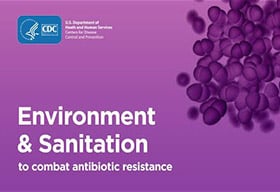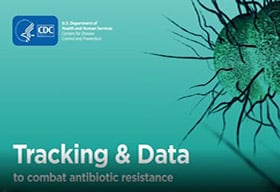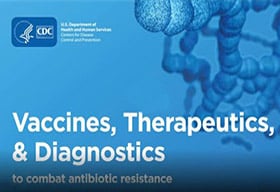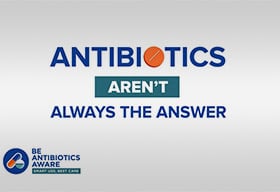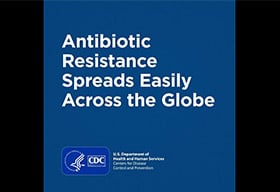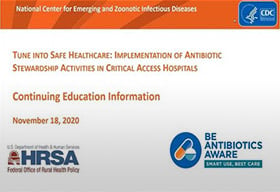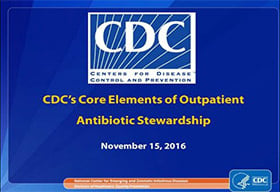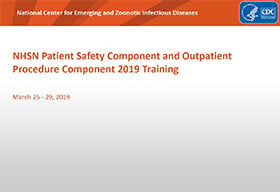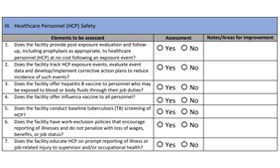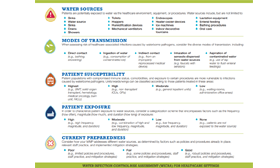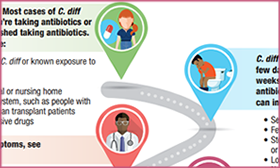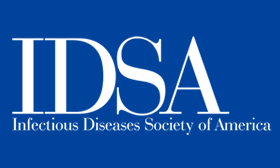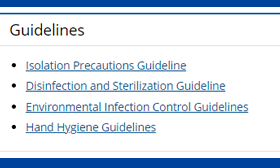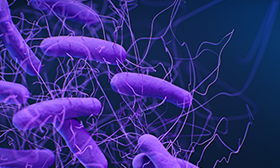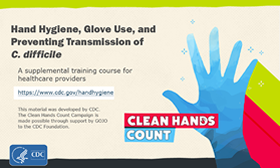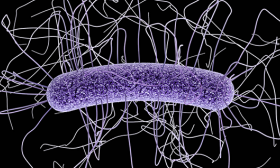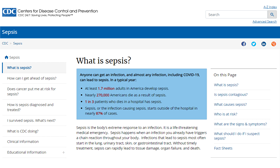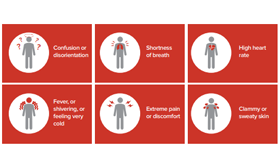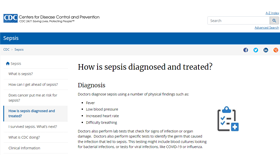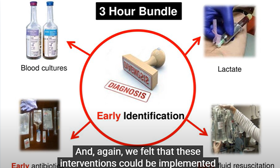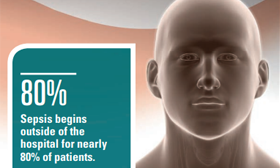Healthcare-Associated Infections

Healthcare-Associated Infections
Healthcare-Associated Infections (HAIs) are infections that patients get while receiving treatment for medical or surgical conditions. HAIs occur in all settings of care, including hospitals, surgical centers, ambulatory clinics, and long-term care facilities such as nursing homes and rehabilitation facilities. Some patients are at greater risk than others-young children, the elderly, and persons with compromised immune systems are more likely to get an infection. Other risk factors are long hospital stays, the use of indwelling catheters, failure of healthcare workers to wash their hands, and overuse of antibiotics. Understanding warning signs, preventative measures, and operational best practices are crucial to infection prevention for nurses in their healthcare setting.
Antibiotic Stewardship
Measuring and improving how antibiotics are prescribed by clinicians and used by patients to effectively treat infections, protect patients from harm caused by unnecessary antibiotic use, and combat antibiotic resistance.
Risk Assessment Tools
Discover free, on-the-go resources and risk assessment tools to help prevent health care acquired infections, from ANA Project Firstline.
C. diff
Find important information and free resources on how to prevent healthcare acquired C. Difficile infections, brought to you by Project Firstline and ANA.
Sepsis
Find important information and free resources on how to prevent healthcare acquired sepsis, brought to you by Project Firstline and ANA.
